If you are a professional who serves individuals with learning disabilities you understand the need to provide effective services and assistance to these individuals. It is essential to understand the characteristics of learning disabilities (LD) and associated conditions such as attention deficit hyperactivity disorder (ADHD) in order to help make informed decisions.
This information on the basics, assessment and evaluation, specifics on children and adults with learning disabilities, mental health issues, and professional resources will be frequently updated with articles by our professional advisory board and other professionals who share their experience and knowledge with LDA.

New to LD
If you want to learn more about research and resources on learning disabilities this is the place to begin. If you need more information to help a client that is new to LD you may want to refer them to the Parent or Adult section of our site. LDA is here to help you understand learning disabilities and related issues and lead you or your client to the right support systems.

Specific Learning Disabilities
- Dyscalculia
 A specific learning disability that affects a person’s ability to understand numbers and learn math facts.
A specific learning disability that affects a person’s ability to understand numbers and learn math facts. - Dysgraphia
 A specific learning disability that affects a person’s handwriting ability and fine motor skills.
A specific learning disability that affects a person’s handwriting ability and fine motor skills. - Dyslexia
 A specific learning disability that affects reading and related language-based processing skills.
A specific learning disability that affects reading and related language-based processing skills. - Non-Verbal Learning Disabilities
 Has trouble interpreting nonverbal cues like facial expressions or body language and may have poor coordination.
Has trouble interpreting nonverbal cues like facial expressions or body language and may have poor coordination. - Oral / Written Language Disorder and Specific Reading Comprehension Deficit
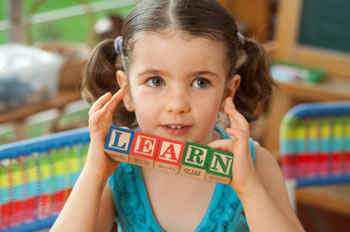 Learning disabilities that affect an individual’s understanding of what they read or of spoken language. The ability to express one’s self with oral language may also be impacted.
Learning disabilities that affect an individual’s understanding of what they read or of spoken language. The ability to express one’s self with oral language may also be impacted.
Related Disorders
- ADHD
 A disorder that includes difficulty staying focused and paying attention, controlling behavior and hyperactivity.
A disorder that includes difficulty staying focused and paying attention, controlling behavior and hyperactivity. - Dyspraxia
 A disorder which causes problems with movement and coordination, language and speech.
A disorder which causes problems with movement and coordination, language and speech. - Executive Functioning
 Affects, planning, organization, strategizing, attention to details and managing time and space.
Affects, planning, organization, strategizing, attention to details and managing time and space.
Support for Professionals
- ADD/ADHD
ADHD often begins in childhood and can persist into adulthood. It may contribute to low self-esteem, troubled relationships, and difficulty at school or work.
Symptoms include limited attention and hyperactivity. - Adult Testing
Learn about accommodations and testing.
- Adults with Learning Disabilities
Workplace, college, and other important information for adults with LD.
- Assessment & Evaluation
Evaluation involves gathering information from a variety of sources about a child’s functioning and development in all areas. It is generally one of the first steps in determining if a child has a learning disability. This section will help parents answer their questions on assessment and evaluation.
- Core Principles
Learn about the core principles of learning disabilities that LDA uses as the basis to address policy and practice in the field of LD.
- Early Childhood
Early Intervention is important for long-term success for individuals with learning disabilities (LD) and/or ADHD. Early identification includes the evaluation and treatment provided to families and their children under 3 years old who have, or are at risk for having, a disability or delay in speech, language, or hearing. A child can quickly fall behind if speech and language learning is delayed. Early identification increases the chances for improving communication skills. Once disorders are diagnosed professionals can help to remediate and accommodate for success at home and in the classroom.
- Executive Function
Executive function describes a set of cognitive processes and mental skills that help an individual plan, monitor, and successfully execute their goals. For children and adults who struggle with executive function, accommodations at work or school can help fill the gaps.
- LD/ADHD Basics
Learning Disabilities (LD) and Attention Deficit Disorder (ADHD) affects millions of children and adults in school and in everyday life. It is a life-long condition. Fortunately, with the right understanding, support, and appropriate interventions, individuals with learning disabilities can become successful students and adults. Learning the basics about LD and ADHD is an important start to getting help. After the signs and symptoms of LD are recognized, the appropriate assessment and evaluation will be needed to determine the right strategies to help the individual.
- Mental Health
- News
Read about current LDA actions and LD issues in the news.
- News Releases
LDA’s press releases on issues affecting individuals with learning disabilities and their families.
- Possible Legal Issues
The American with Disabilities Act of 1990 (ADA) protects adults with disabilities including learning disabilities (LD) in higher education programs and employment. This section contains an overview of how these laws and others can protect the civil rights of adults with LD.
- Professional Resources
- Special Education Services
- Your Voice in Washington
Guides & Booklets
- An Action Guide for ADHD: Next Steps for Patients, Clinicians, and Insurers
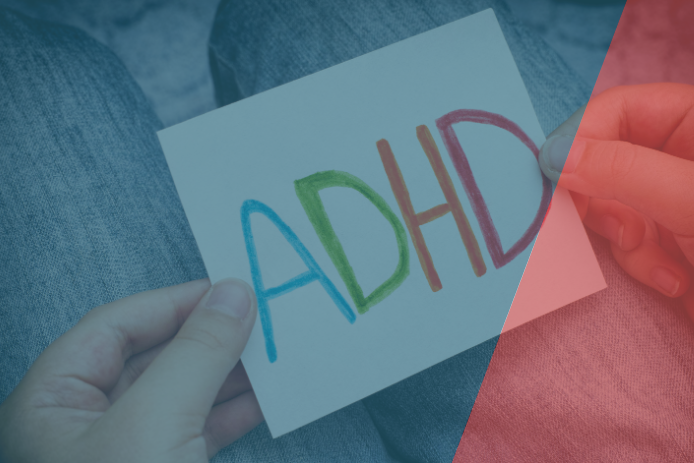 This Action Guide is based on the results of a public review process of treatment options for ADHD.
This Action Guide is based on the results of a public review process of treatment options for ADHD. - Every Student Succeeds Act, Department of Education
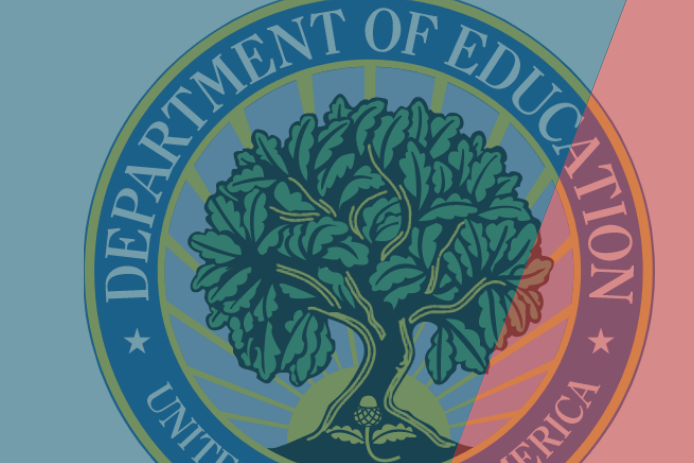 The Every Student Succeeds Act (ESSA) was signed in December of 2015 and ESSA amends the Elementary and Secondary Education Act to provide funding to K-12 schools to ensure a quality public education for all students. ESSA authorizes funds for professional development, instructional materials, resources to support educational programs, and for promotion of parental involvement. ESSA replaced the No Child Left Behind Act of 2002.
The Every Student Succeeds Act (ESSA) was signed in December of 2015 and ESSA amends the Elementary and Secondary Education Act to provide funding to K-12 schools to ensure a quality public education for all students. ESSA authorizes funds for professional development, instructional materials, resources to support educational programs, and for promotion of parental involvement. ESSA replaced the No Child Left Behind Act of 2002. - Identifying and Implementing Educational Practices Supported By Rigorous Evidence: A User Friendly Guide
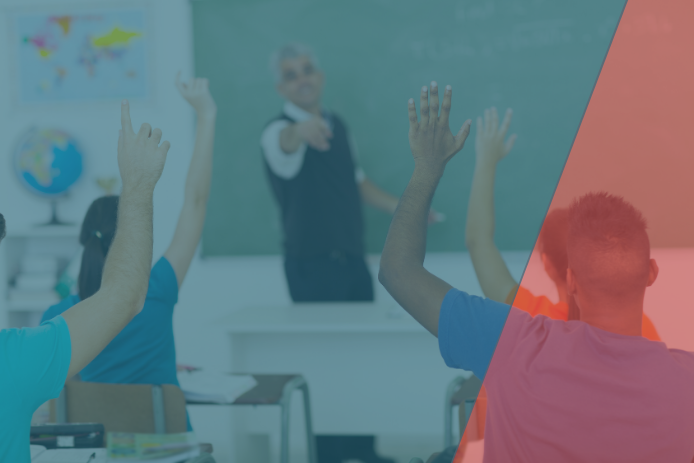 Guide seeks to provide educational practitioners with user-friendly tools to distinguish practices supported by rigorous evidence from those that are not.
Guide seeks to provide educational practitioners with user-friendly tools to distinguish practices supported by rigorous evidence from those that are not. - Teaching Our Youngest: A Guide for Preschool Teachers and Child Care and Family Providers
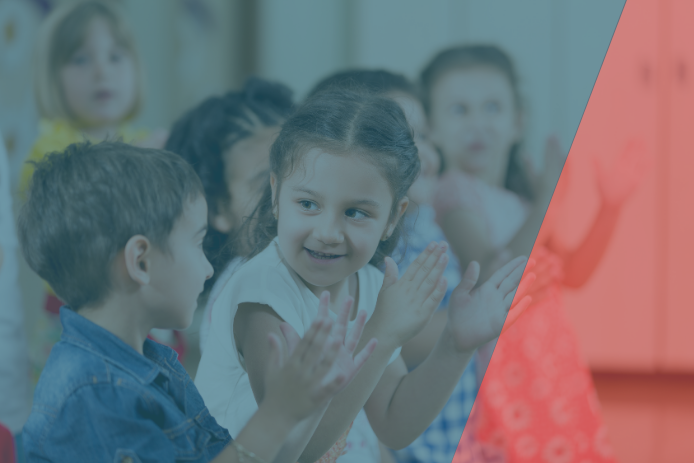 This booklet describes what can be done to help children to develop their language abilities, increase their knowledge, become familiar with books and other printed materials, learn letters and sounds, recognize numbers and learn to count.
This booklet describes what can be done to help children to develop their language abilities, increase their knowledge, become familiar with books and other printed materials, learn letters and sounds, recognize numbers and learn to count.

